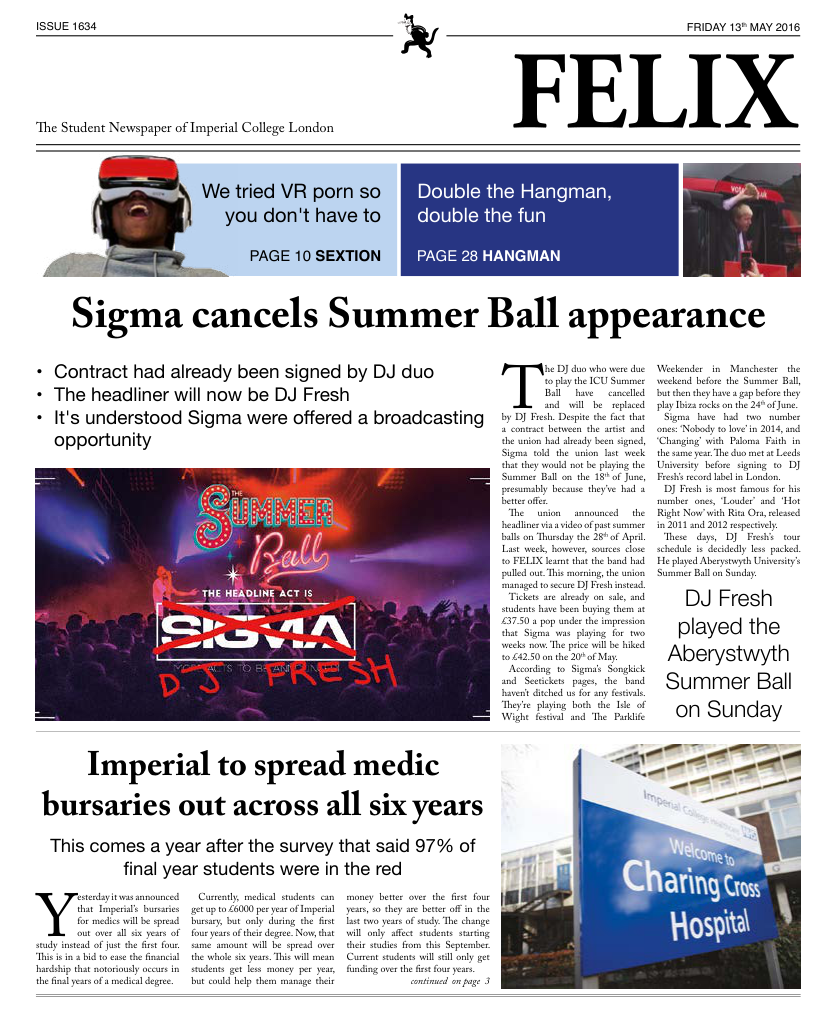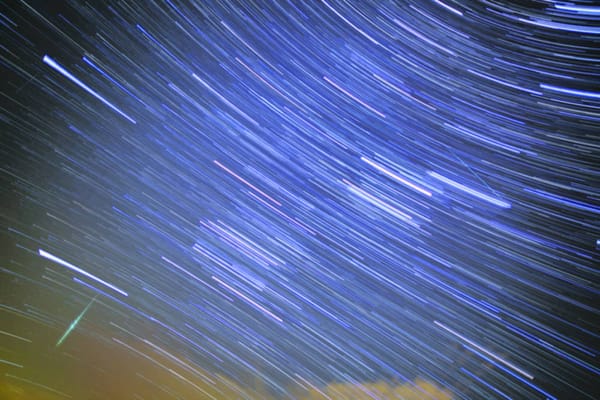Sh!t Sc!ence
Scientists ask if children are werewolves, conclude they’re not

At Sh!t Sc!ence, we like to defend research that may seem insignificant or futile. We believe that all research projects go through a complicated selection process during which a group of learned intellectuals congregate and decide what particular pieces of research need to be conducted in order to bridge our gaps in human knowledge. This week, insights on children - are they werewolves? Science has the answer!
This is the questioned tackled by an extensive study published in Frontiers in Pediatrics. research aimed to determine whether the phase of the moon has an influence on the sleep cycle of children. Regardless of whether you’ve used the moon’s phases as an excuse for your behaviour, there is no scientific evidence to support the idea that the full moon drive us crazy, not even a little. That was until a team of top scientists decided to revisit this outdated notion. To avoid any social, economic or geographical biases, they recorded sleep patterns of 5814 children, in twelve different countries, spanning five continents, for 28 months. This resulted in a whopping 33,710 recordings captured by accelerometers strapped to the children’s chests for the whole time.
By cross-referencing these readings to the phase of the moon, the scientists came to the following staggering conclusion (drumroll please): The full moon alters sleep patterns in about 1% of cases. Lead scientist Dr. Jean-Philippe Chaput, from the Eastern Ontario Research Institute said, “Overall, I think we should not be worried about the full moon. Our behaviours are largely influenced by many other factors like genes, education, income and psychosocial aspects rather than by gravitational forces.” Cue sad pacman sound of defeat.
This rather anticlimactic result does actually shed some light on an important phenomenon. In the recent years, there has been increased attention to what is called the circadian clock. This internal ‘clock’ regulates how our body reacts at different times of the day, regulating functions such as hormone production, body temperature and brain wave activity. This clock reacts to external cues such as exposure to light and temperature, and a more subtle understanding of circadian rhythms has allowed us, for instance, to synchronise drug delivery with the circadian clock and increase drug efficiency and reduce toxicity. As some animals have been known to have an internal clock which follows the lunar cycle, it is not unreasonable to evaluate whether humans could be affected by the phases of the moon, and this research helps us close the door on that possibility.









